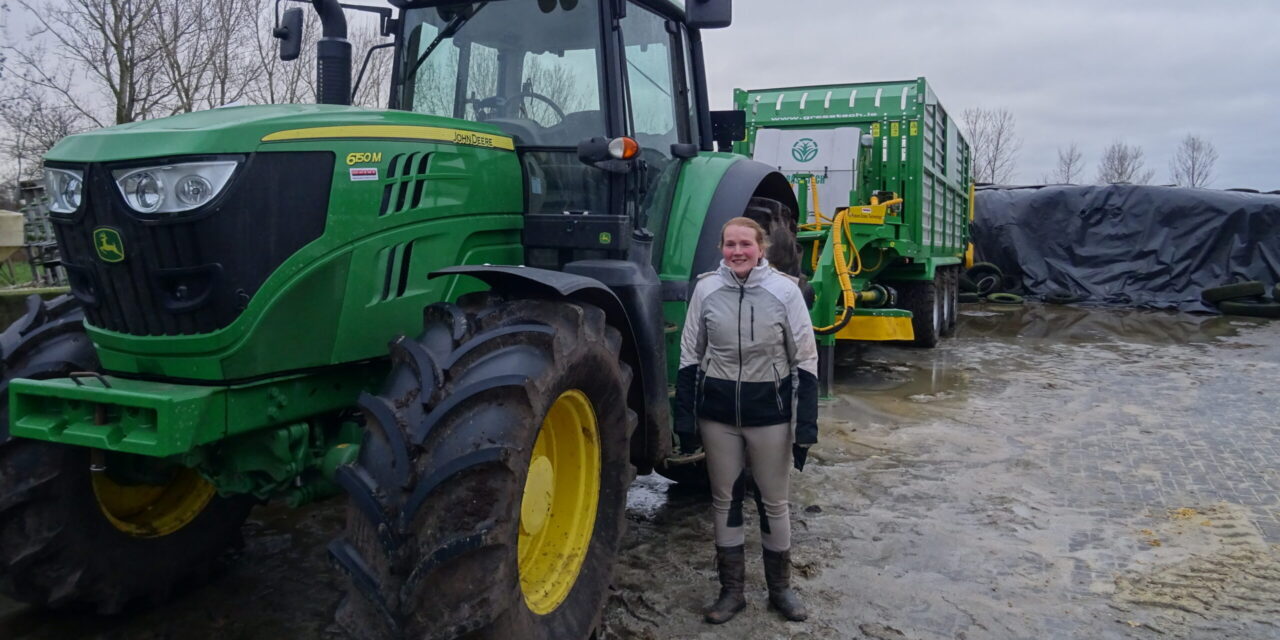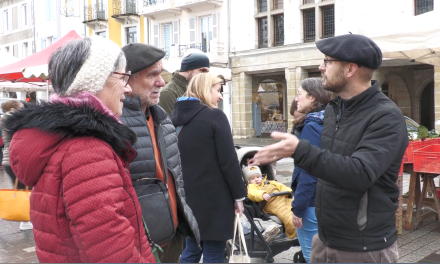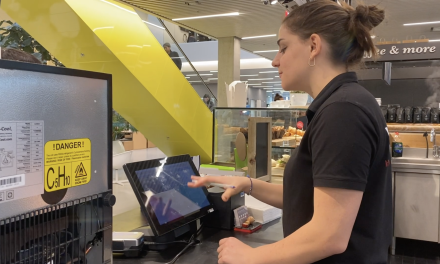Dutch farmers, faced by stricter environmental legislation, have hold the Netherlands in a grip over the past months by a series of protests — using their tractors to block roads, occupying public spaces and intimidating officials. But after more than a year of protesting, public support has tanked, and farmers are still struggling to comply with the Netherlands’ strict rules.
On the first day of October 2019, the Netherlands was brought to a standstill by thousands of tractors driving through the country. The main targets were provincial halls and the city of The Hague, in which the Parliament resides. Farmers decided to protest against the ever-changing legislation coming from the Dutch government. Thousands gathered in The Hague, the political capital, while others blocked highways with their tractors. It resulted in chaos, with the biggest traffic jam in history consequently. Despite all that, the farmers could rely on support from Dutch citizens, who understood the farmers’ frustration and anger. This first protest turned out to be the start of a series of protests that is holding the Netherlands in its grip.
Annelies Hoogenboom, a Dutch dairy farmer who joined the first protests in The Hague, still remembers them very well: “The first day was impressive. I have never seen so much unity in my life: everyone who gathered in The Hague was standing there as one.” The reason for her to protest becomes clear when walking around her farm, as Hoogenboom points at her cowshed: “I have a cowshed with space for almost 500 cows, but due to all regulations, I am only allowed to keep 250. The rules around farming are just confusing, there are so many things I need to keep in mind.”
Furthermore, in September 2019, Tjeerd de Groot, a coalition lawmaker from the social-liberal D66 party, proposed to cut all Dutch livestock in half to lower nitrogen emissions. It turned out to be the last straw in the already brewing anger amongst Dutch farmers: the call to protest was answered by thousands.
“Politicians are pointing their fingers at the farmers, as we are a relatively small group, but we feel like we are taking the blame for so many problems in the country, while that is not only our fault,” says Hoogenboom, as her eyes light up.
Decreasing support
After the initial protest, which was supported by most of the Dutch citizens, criticism increased after several incidents, such as the farmers’ aggressive behaviour during several protest actions. Also, in July 2020, three politicians were threatened in private groups on social media: all three reported the incidents to the police. One of the threatened politicians is de Groot, who is clear about the actions of the farmers: “The threatening, but also the visiting of politicians at their private address last summer: it is just intimidating. It is somewhat like the storming of the Capitol in Washington: people who come to get their rights. It is just not how it works in a democracy like ours.”
De Groot points out another problem that has occurred because of the extreme behaviour of some farmers. “A small group of aggressive farmers is pressuring others: I have heard that some children are not allowed to play with others if their parents are not supporting the farmer cause. That is worrying, as the majority does want to discuss solutions in a normal way, and is getting silenced.”
Joyce Boverhuis, researcher at an opinion panel in the Netherlands, researched the Dutch opinion on the farmer protests and is seeing that the public backing is decreasing: “Although people still understand the anger of the farmers, they are not as supportive as they were. At first, almost 90% of the people understood why the farmers protested, while that is only half of the people now. Also, the majority of the people thinks the farmers made their point and should stop with the protests and their actions.”
The support and understanding of the Dutch citizens have been decreasing, but de Groot, with an agricultural background, also sees the value of the protests: “You could say the protests also have had some positive consequences: the issues around farming and agriculture have moved up considerably on the political agenda. Most people agree something has to change.”
The future
Hoogenboom is looking at her farm, and she sighs. “You know, this company is a family business, but I would only want to transfer it to my daughter when it is financially feasible.” The farmer admits she is not sure if that will be the case, as legislation is making it very difficult to survive. “Something must change, that is why I still support the protests.”
When asked about the aggressive approach of a small group, Hoogenboom makes her point very clear: “I do not approve the threatening of people, but I do understand why people are reacting like this: it is about our life and about our future as a farmer.”
When having looked at the cows and her tractor, the dairy farmer smiles and says: “We just want a solution that is good for all, and not only for politics. I do hope that people understand that us, the farmers, are not bad people.”




